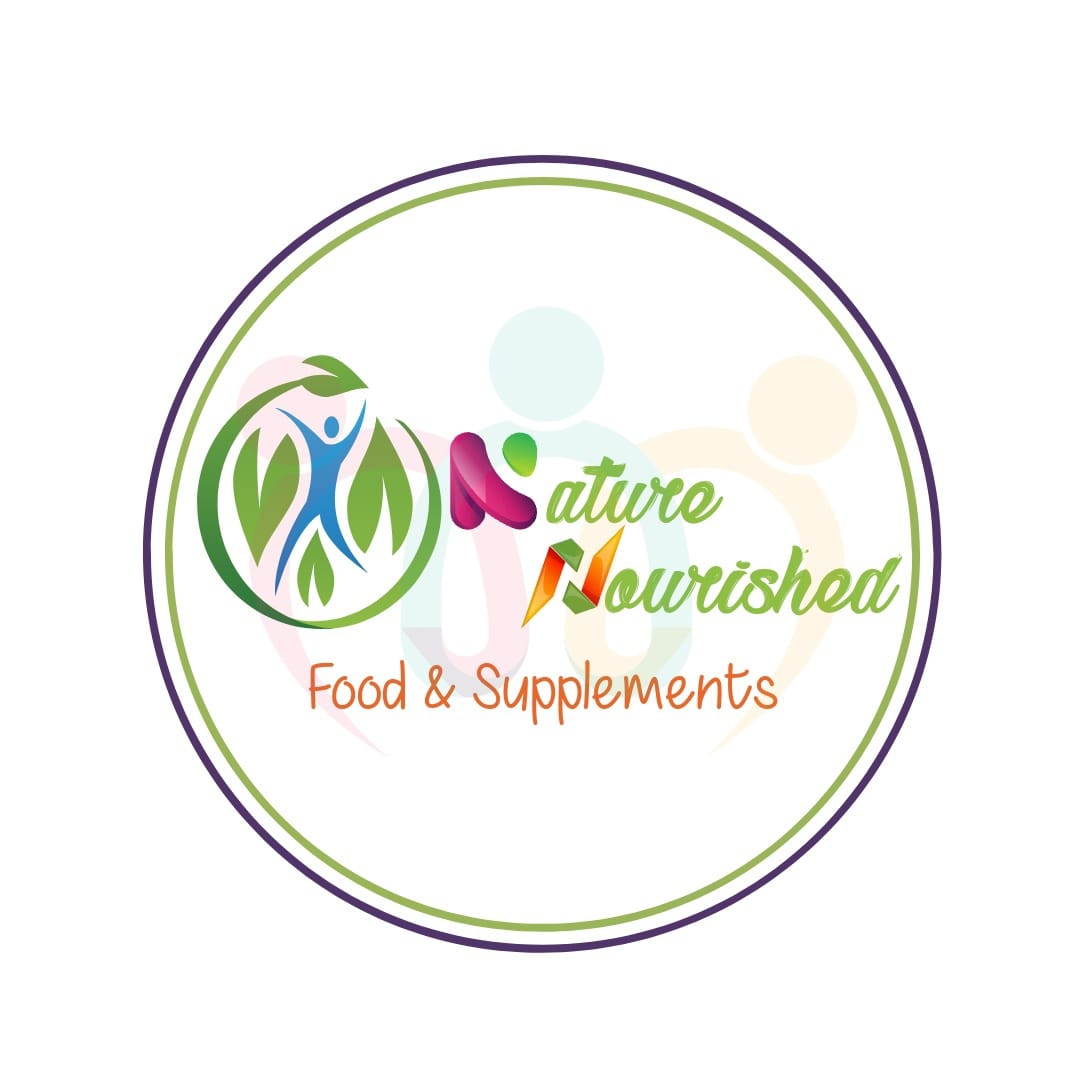Embarking on a fitness journey often involves the dilemma of choosing between whey protein and mass gainers, both popular supplements catering to distinct needs. This blog aims to provide clarity by comparing whey protein and mass gainers, enabling you to make an informed decision based on your goals and preferences.
Understanding Whey Protein
Definition:
Whey protein is a byproduct of cheese production, extracted from milk. Recognized for its complete amino acid profile, rapid absorption, and muscle growth support, whey protein is commonly available in powder form. It can be mixed with water, milk, or incorporated into various recipes.
Understanding Mass Gainers
Definition:
Mass gainers are calorie-dense supplements designed to facilitate weight gain and muscle mass development. Comprising proteins, carbohydrates, fats, along with essential vitamins and minerals, mass gainers are beneficial for individuals struggling to meet high-caloric demands, including hard gainers or those with elevated energy requirements.
Key Differences: Whey Protein vs Mass Gainer
1. Calorie Content:
Whey Protein: Provides around 100-150 calories per serving.
Mass Gainers: Can range from 300 to over 1000 calories per serving, varying by brand and formula.
2. Macronutrient Profile:
Whey Protein: Predominantly protein with minimal carbohydrates and fats.
Mass Gainers: A mix of proteins, carbohydrates, and fats, often with carbohydrates as the predominant macronutrient.
3. Purpose:
Whey Protein: Primarily supports muscle growth and repair.
Mass Gainers: Designed for weight gain and muscle mass development.
Choosing Between Whey Protein and Mass Gainer
Considerations:
1. Your Goals:
Muscle Growth: If your aim is to build lean muscle without excessive weight gain, whey protein is a suitable choice.
Weight Gain:For those targeting weight gain and muscle development, a mass gainer is better aligned with these objectives.
2. Dietary Requirements:
Caloric Needs: If struggling to meet calorie demands or having a fast metabolism, a mass gainer aids in achieving necessary energy intake.
Protein Needs: If meeting protein needs without excess calories is the goal, whey protein is an efficient option.
3. Budget and Convenience:
Affordability: Whey protein is generally more cost-effective than mass gainers.
Versatility: Whey protein offers flexibility as it can be easily integrated into various recipes, enhancing convenience.
Conclusion
In conclusion, the choice between whey protein and mass gainers hinges on individual goals, dietary requirements, budget, and convenience. If lean muscle growth is the focus, whey protein is preferable. However, for those striving for weight gain and muscle mass development, a mass gainer aligns better with their objectives. Understanding these nuances empowers individuals to make informed decisions, ensuring their supplement choice aligns with their fitness journey.

